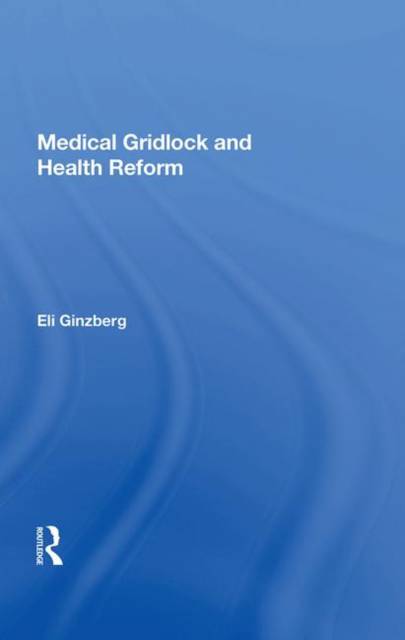
- Afhalen na 1 uur in een winkel met voorraad
- Gratis thuislevering in België vanaf € 30
- Ruim aanbod met 7 miljoen producten
- Afhalen na 1 uur in een winkel met voorraad
- Gratis thuislevering in België vanaf € 30
- Ruim aanbod met 7 miljoen producten
Zoeken
Omschrijving
The early 1990s saw the U.S. health care system under intensifying pressures and strains as a consequence of steeply rising expenditures, an increase in the number of uninsured persons, and a range of other challenges, including increasingly severe pressures on government and employers, the principal payers for health care. As a consequence of these and other dysfunctional developments, Eli Ginzberg explored and assessed the problems and the transformations underway in the financing of U.S. health care and in the delivery of services. On the eve of an era of major health care reform, Medical Gridlock and Health Reform presents his findings.
Specificaties
Betrokkenen
- Auteur(s):
- Uitgeverij:
Inhoud
- Aantal bladzijden:
- 216
- Taal:
- Engels
Eigenschappen
- Productcode (EAN):
- 9780367009519
- Verschijningsdatum:
- 23/05/2019
- Uitvoering:
- Hardcover
- Formaat:
- Genaaid
- Afmetingen:
- 148 mm x 224 mm
- Gewicht:
- 557 g

Alleen bij Standaard Boekhandel
+ 364 punten op je klantenkaart van Standaard Boekhandel
Beoordelingen
We publiceren alleen reviews die voldoen aan de voorwaarden voor reviews. Bekijk onze voorwaarden voor reviews.











